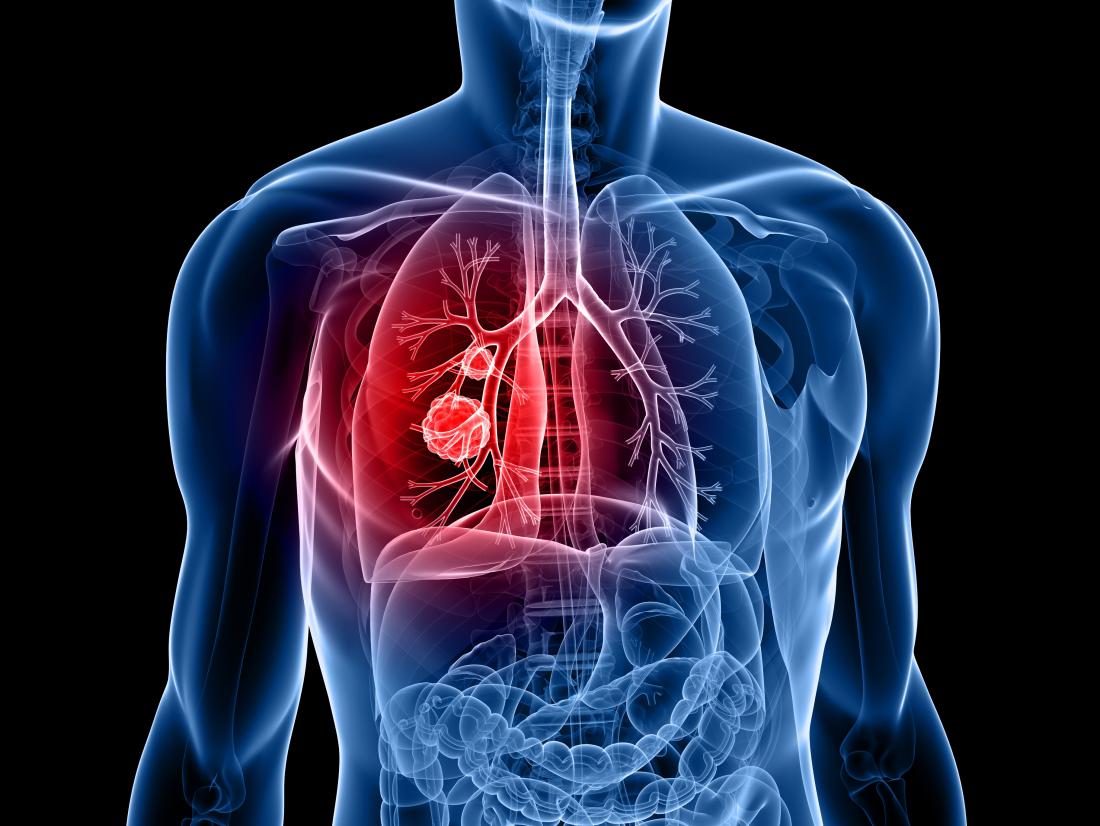
The capital’s air quality has deteriorated during the last few years. It has had a significant impact on people’s breathing and lungs. Krishna Murti, a consultant at a firm in Delhi, has been suffering from a cough that has worsened and won’t go away, as well as shortness of breath, for quite some time. He did not seek medical attention because, like the majority of Delhi residents, he believed that the bad air quality was the root of his symptoms. During his morning walk, he felt an excruciating pain in his chest and began coughing up blood, prompting him to seek medical attention. The results of his tests came as a surprise to him and his family, as he had been diagnosed with lung cancer.
Although lung cancer is the second most frequent type of cancer and the main cause of cancer deaths worldwide, there are still many misconceptions about it. Only 15% of lung cancer cases receive an early diagnosis, and unfortunately, symptoms only appear in advanced stages. Therefore, it’s critical to comprehend the “myths” that may put patients and their families through unnecessary stress and affect their ability to make wise decisions.
The following are some prevalent beliefs concerning lung cancer and the facts behind them:
Lung cancer is a disease that affects smokers: Although it’s a common misconception that lung cancer mainly affects smokers, 10% to 20% of cases are in non-smokers (people who never smoked or used tobacco). Furthermore, this figure has been increasing recently, particularly among women.
Risk of getting lung cancer cannot be reduced: Quitting smoking, avoiding passive smoking, checking your home for radon (a gas that can cause lung cancer), avoiding workplace carcinogens, exercising frequently, and maintaining a nutritious diet can all lessen your risk of developing lung cancer.
Men are more prone to develop lung cancer: Lung cancer can develop in non-smokers, and both men and women can suffer from it.
Lung cancer is always fatal: The idea that lung cancer is always fatal is incorrect. With the help of the tremendous advancements in medicine over the past decade, even lung cancer identified in a more advanced stage of the disease today has a significantly better chance of long-term survival.
Lung cancer screenings can cause lung cancer: CT scans for lung cancer screening use low radiation doses. Natural radiation exposure from environmental sources causes the average person to be exposed to 3 millisieverts of radiation over the course of a year. A low-dose CT lung screening scan, in contrast, exposes patients to about 1.5 millisieverts of radiation. Only patients with a high risk of lung cancer due to age and smoking history are given a low-dose CT lung scan. In contrast to not diagnosing lung cancer, which, when found in an early stage, can be easily treated and frequently cured, there is a significantly lower risk with the use of low-dose CT lung screening.
No point in quitting smoking: Quitting smoking and using tobacco is never too late. You can significantly lower your risk of developing cancer and other diseases by quitting smoking as soon as possible. In fact, ten years after stopping, your chance of developing lung cancer can be cut in half compared to someone who is still smoking.
Everyone gets the same lung cancer therapy: Lung cancer treatments are unique to each patient, much like the disease itself. There are numerous lung cancer therapies available, ranging from chemotherapy and immunotherapy (using your own body’s natural defences) through radiation and surgical resection. Treatments are given to the patients based on their particular needs.
While there are some lung cancer misconceptions, knowing the truth and being aware of your risk are both crucial steps in improving your health.